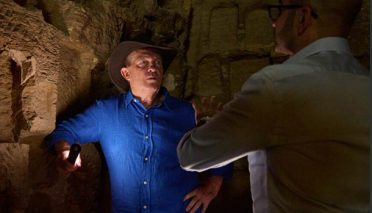Invest Cyprus director Lefteris Eleftheriou tells C21 how international producers can slash costs by filming on the island thanks to a 40% tax credit and cash rebate incentives, and reveals plans to build a major new studio.

Lefteris Eleftheriou
In recent years, the idyllic sun-kissed splendour of the eastern Mediterranean has enticed many international production companies to shoot in the region.
Corfu hosted four seasons of hit comedy-drama The Durrells for UK commercial broadcaster ITV, while the island of Spinalonga, off Crete, accommodated To Nisi (aka The Island), an adaptation of Victoria Hislop’s bestselling novel for Greece’s Mega Channel.
Netflix, meanwhile, acquired Mega’s crime drama Maestro in Blue, filmed on Paxos in the Ionian Sea, while UK streamer ITVX’s Loaded in Paradise saw party-loving competitors race around the Aegean Islands.
Now the island of Cyprus aims to be a major production hub for TV, documentary, reality, natural history, film and animation projects – offering prodcos the incentive of either a 40% cash rebate or tax credits of the same proportion.
In addition, producers that opt to film in Cyprus can also benefit from tax discounts on investments made on equipment and infrastructure, plus VAT returns on expenditure in scope.
Movies to have been shot in Cyprus include The Islander, from Meraki Films and Green Olive Films, starring Harry Connick Jr, Agni Scott and Ali Fumiko Whitney. Series that have been filmed there recently include escapist romantic drama Love Rat (Clapperboard for Channel 5), starring Sally Lindsay; French miniseries Tikkoun (Curiosa Films for Canal+); history series Bettany Hughes’ Treasures of the World (Sandstone Global Productions for Channel 4); and the finale of reality format Celebs Go Dating (Lime Pictures for E4).
Invest Cyprus is the investment authority of the island’s government, dedicated to attracting and facilitating foreign direct investment. The non-profit body aims to achieve this by focusing on industries such as technology, shipping, pharmaceuticals and the TV and film content production sector.
Lefteris Eleftheriou is a director at Invest Cyprus and chairman of the Cyprus Film Commission, the body responsible for assessing applications to the Cyprus Film Scheme. He heads a team of four which reviews submissions from prodcos aiming to shoot content in Cyprus and access any of its incentives.
“Cyprus is an emerging market in the production sector,” says Eleftheriou. “Our film commission came into being in 2019, but then Covid came along, so it feels like we are now restarting our goal of promoting the island as a filming destination.
“Previously the cash rebate stood at 35% and then was increased to 40% in 2022. I believe this is one of the most generous culturally based schemes in Europe. Other countries might offer incentives around the same level, but they often come with a lot of restrictions and quotas attached.
“Not only do we have no restrictions, Cyprus is probably the only country in Europe that also offers an additional 25% cash rebate on so-called ‘above the line’ expenses – which means the earnings of the directorial team, the producers and up to four featured actors.”
The cash rebate of up to 40% applies to eligible expenditure incurred in Cyprus. This will be given once filming on a project is completed, on receipt of the audit report and its review by a committee. The maximum aid for the tax credit, meanwhile, is 40% of the eligible expenditure made in Cyprus.

Curiosa Films’ miniseries Tikkoun for Canal+ filmed in Cyprus
“To be honest, the tax credit is not as attractive or as straightforward as the cash rebate,” says Eleftheriou. “The tax credit is a relaxation on the earnings of the project for the five-year period after the production ends. However, the cash rebate is up to 40% cashback transferred to your bank account immediately after the completion of the production.
“This is provided the producer sends us all the per-diems, expenses and accounting papers that we need to verify that the money was indeed spent during the production period.”
The application process begins with an online application. A Cyprus Film Scheme committee then assesses the submission over a six- to nine-week period and decides what percentage of the tax or cash incentives to award, based on the results of a cultural test undertaken by the applicant.
Eleftheriou is at pains to reassure potential applicants that this task is nowhere near as intimidating as it sounds.
“Many people are scared when they hear about the cultural test, but it’s very easy,” he says. “Everybody passes with a high score – you only need to score more than 65% to get the highest level of cash rebate or tax credit.
“The test is just to ensure that Cyprus will benefit from the production, local people will be employed and that the project won’t destroy the name of Cyprus in the international market.”
Once the application is approved, Invest Cyprus sends a confirmation letter requesting that shooting starts within 90 days (although there is some flexibility on this). Upon completion of filming and the submission of a certified auditor report detailing all expenses incurred, Invest Cyprus will issue a Final Approval Certificate and make a bank transfer for the rebate within 60 days.
“Many producers appreciate that they get the rebate so quickly,” says Eleftheriou. “The only thing Invest Cyprus requests is that we have our logo on the credits and it is acknowledged that the production was made with the assistance of the government of Cyprus.”
Eleftheriou is happy to discuss all incentives in detail with interested parties, plus serve as the first point of contact in Cyprus when production begins, advising on matters such as logistics, locations, employing local crew and accommodation.
“I personally advise many producers and if the enquiry is too technical for me to deal with, I’ll refer to other professionals on the island,” he says. “We don’t charge for this service either.”
Located at the crossroads of three continents – Europe, Asia and Africa – Cyprus basks in 325 days of sunshine per year, most Cypriots speak English and the island offers a range of landscapes to serve as filming backdrops.

Meraki Films and Green Olive Films’ movie The Islander with Harry Connick Jr
“We market Cyprus as a natural film studio, because the island has a variety of pristine locations,” says Eleftheriou. “We are almost on the same latitude as California, so the natural light is very similar to Los Angeles, as are our beaches.
“Cyprus has snow-capped mountains, forests, big cities and colonial buildings that give the impression that you are in India during the 1950s. Our Venetian walls of Nicosia look like the Vatican and we have hosted filming for projects where the story was set in Middle Eastern countries such as Israel and Lebanon.
“We also have abandoned airports, army bases, traditional villages and locations that look like the middle of a jungle.”
With most productions filming in Cyprus taking advantage of the outdoor locations, the next step in Invest Cyprus’s evolution is to establish a fully equipped, state-of-the-art film and television studio.
“A studio will be very important for attracting major productions to Cyprus,” says Eleftheriou. “It needs a site of around 10,000 to 12,000 square metres and to have the facilities to accommodate more than 10 movies and TV series per year.
“If there are any potential investors interested in building and running such a studio, our government would be very willing to listen to the proposal with a view to offering attractive incentives. Cyprus is in the process of becoming a major hub for TV and film production, and hopefully in a few years we will have a rich portfolio of projects that have been filmed on the island.”














































